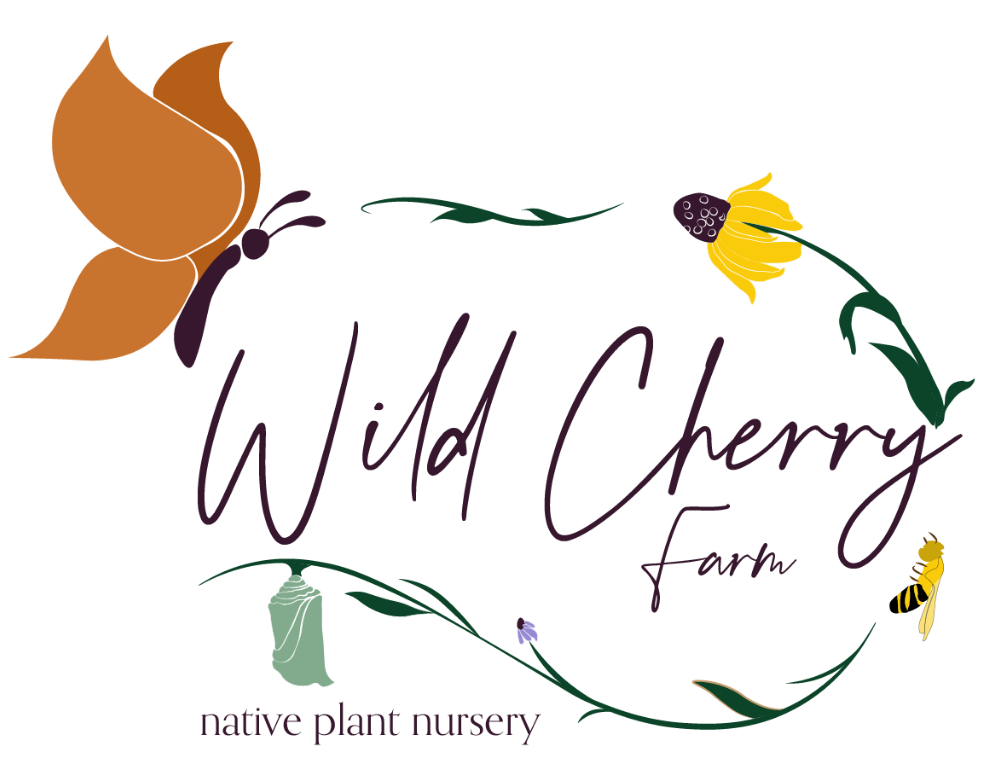Prairie Pussytoes (Antennaria neglecta)
Prairie Pussytoes have nice velvety leaves and small flowers that attract small bees (illinoiswildflower.info) including the specialist bee Melissodes microstictus (Johnson and Colla, 2023). It is also the host plant for the American Lady and 2 other species of butterflies and moths in the area (nwf.org). It spreads slowly, providing a nice-looking ground cover for dry areas. Mammalian herbivores typically avoid it, but it may be browsed in early spring.
Photo credit: Joshua Mayer (1), John Blair (2)
Prairie Pussytoes have nice velvety leaves and small flowers that attract small bees (illinoiswildflower.info) including the specialist bee Melissodes microstictus (Johnson and Colla, 2023). It is also the host plant for the American Lady and 2 other species of butterflies and moths in the area (nwf.org). It spreads slowly, providing a nice-looking ground cover for dry areas. Mammalian herbivores typically avoid it, but it may be browsed in early spring.
Photo credit: Joshua Mayer (1), John Blair (2)
Prairie Pussytoes have nice velvety leaves and small flowers that attract small bees (illinoiswildflower.info) including the specialist bee Melissodes microstictus (Johnson and Colla, 2023). It is also the host plant for the American Lady and 2 other species of butterflies and moths in the area (nwf.org). It spreads slowly, providing a nice-looking ground cover for dry areas. Mammalian herbivores typically avoid it, but it may be browsed in early spring.
Photo credit: Joshua Mayer (1), John Blair (2)
Life Cycle: Perennial
Sun Exposure: Full, Partial
Soil Moisture: Medium, Medium-Dry, Dry
Height: 4 inches
Plant Spacing: 2-6 inches
Bloom Time: April-June
Bloom Color: White
Advantages: Deer Resistant, Great Landscaping Plant
Host Plant: American Lady and 2 other species of butterflies and moths in our area (nwf.org)
Specialist Bee: Melissodes microstictus (Johnson and Colla, 2023)
Resource: Johnson, Lorraine, and Sheila Colla. A Northern Gardener’s Guide to Native Plants and Pollinators: Creating Habitat in the Northeast, Great Lakes, and Upper Midwest. Island Press, 2023
Complementary Plants: Prairie Smoke, Pearly Everlasting, Golden Alexander, Wild Strawberry, Blue-eyed Grass, Violet.








